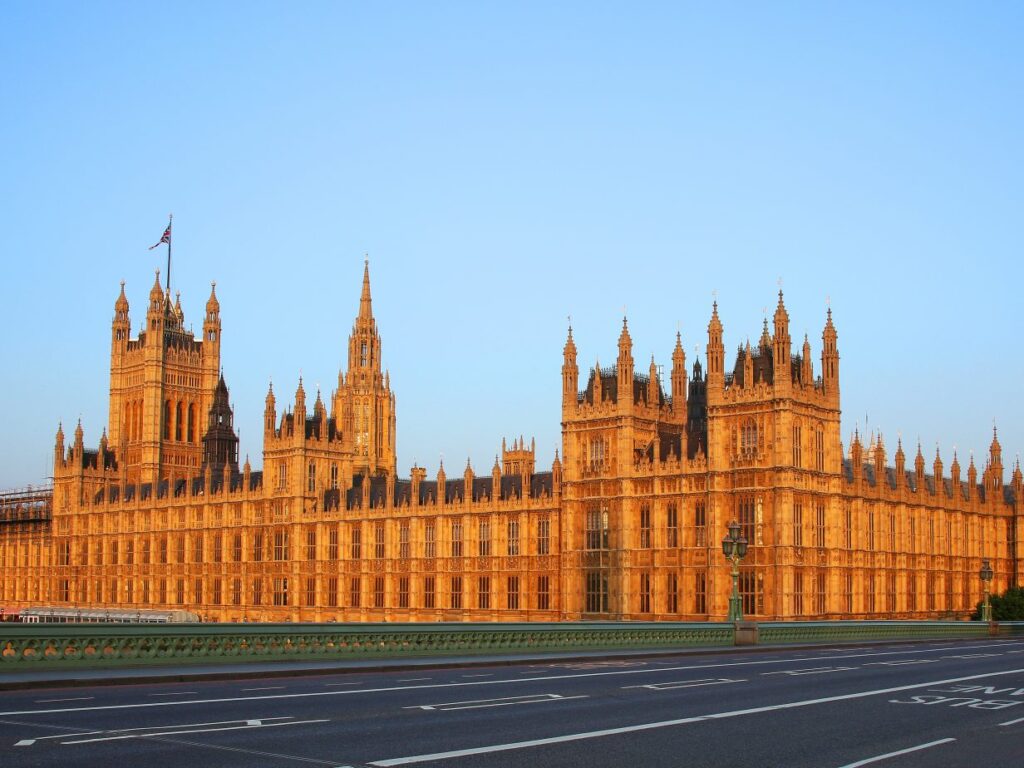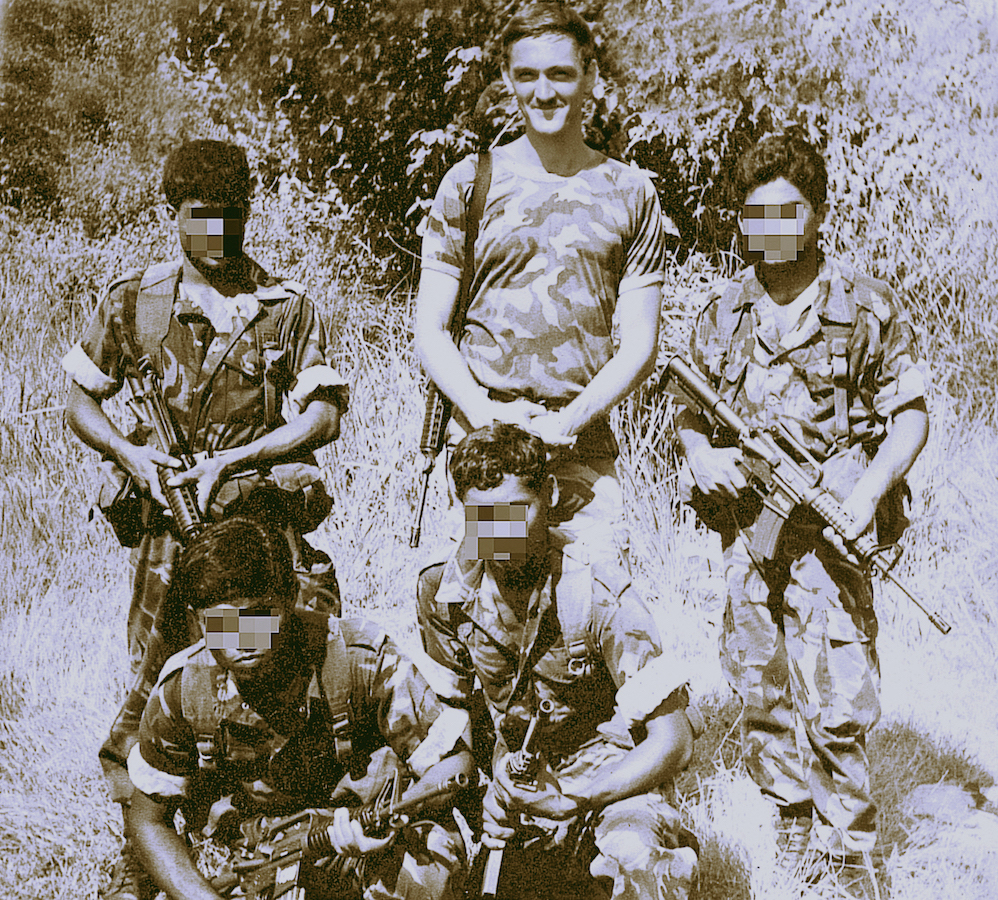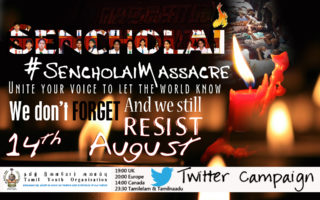This Bill allows executive power to use criminality to achieve its ends unchecked. The loosening of due process, checks and balances, leads to disastrous ramifications that cannot be foreseen even by the most intelligent of analysts or strategists.
| Opinion By K Sabapathy |
The Covert Human Intelligence Sources Bill is an appalling move by the Conservative executive and an attenuated useless opposition under a visionless Keir Starmer. These powers, rather than increase national security, only increases the power of the executive. The Spy cops revelations in 2010 unearthed the breach of unchecked police covert operations. Over the past four decades, state agents spied overwhelmingly on families of justice seekers, left-wing groups, anti-racist and climate change organisations. On the other hand very few fascist activities were monitored. During this time many state agents had engaged in sexual assault without impunity. This Bill does not ban any criminal conduct by British state agents. The grounds for granting authorisation are so ill-defined and extensive that the Bill might as well not have any grounds. Apocalyptic is not a strong enough word for this Bill.

The developed and developing world has steadily been moving towards fortifying a new age dogma of authoritarianism, since the global recession. The two most populous Asian powers, USA and European countries, a non-exhaustive list, have been dangerously stoking divisive communalism. They have failed by not countering extreme right-wing rhetoric spread by a minority through the respective majority populations at a time of economic hardship. Instead of being ambassadors of goodwill and prosperity, these powers which have immense soft powers to set international standards are promoting fault lines and divides to rise to power and further consolidate it. We have seen throughout history that there are no winners excluding a tiny minority when such trends are in motion. This Bill allows executive power to use criminality to achieve its ends unchecked. The loosening of due process, checks and balances, leads to disastrous ramifications that cannot be foreseen even by the most intelligent of analysts or strategists. This type of Bill is pushed to evade democracy and give priority to a concocted executive narrative.
I am a first-generation British citizen who is a child of refugees fleeing genocide. This type of short-sighted nationalistic politics has been the normative stand since independence in my parents’ birth country of Ceylon. It rapidly descended to become Sri Lanka where hate politics very quickly brought about a continuous Tamil genocide. To this day, structural genocide is constitutionalised, fundamental rights of Tamils denied, and democracy remains to be just a synonym for tyranny by the ruling state. It is not just Tamils who were structurally culled from the political, cultural and economic purview of the island. This hate rhetoric spread to silence any form of dissent on the island.
This exclusion politics coupled with state impunity has made the island with great potential, romanticised as the pearl of the Indian Ocean, Taprobane and Eelam globally in the literature of the past, be reduced to a tattered debt succumbed corpse named Sri Lanka. This great tragedy was made possible by successive Sinhala authoritarian leaders who laid the groundwork for its demise in the formative years of the process of decolonisation. If Britain continues on this path, it will also at best surrender to stunted growth and a brain drain. Once attaining power at independence, the new country immediately embarked on a tailspin to a disaster that continues to this day. It was executed and maintained by unimaginative regimes of successive parties. They fuelled the fire of the majority with bad lackadaisical quick decisions that reduced civic protections to seize and hold power.

Britain has been at the forefront of thousands of international crimes even since its physical empire was annulled. The ramifications from these crimes directly or indirectly, still oppress billions globally. It literally shattered the life and towns of my parents. For example, Keenie Meenie Services Ltd (KMS), a Private British military proxy helped the ethnocratic state of Sri Lanka. Including dropping grenades enclosed in wine glasses on Tamils, an indigenous people of the island. Globally many countries that are still burning have the fingerprints of the British state military or its proxies such as KMS Ltd.

Immorality cannot be reversed, but decisions must be made accountable, and courts should serve justice on time, and this is the only trust that allows democracies to survive. As a child of a refugee fleeing genocide, this Bill presents me with grave concerns. It is not an exaggeration when someone like myself says this Bill is a signal that makes me fear for the future of my family.
At a time of crisis, COVID pandemic and an imminent Brexit, we need creativity, vision and unity to get this country through a chaotic reality. Much like British Ceylon of the early 20th century, right now Britain is a small island rapidly reducing in significance but with huge potential owing to its modern diversity, relative reliability of the rule of law, the health of democracy and trust in courts. We must safeguard transparent democracy, protection of fundamental rights and its bridge; the ability to dissent must be protected at all costs. Despite the insecurity of Brexit, this island can prosper if it moulds itself ready for a new enlightened age. We need strong leaders who stand up for humanity. At the very least in opposition, not an elitist that does not have a long-term view but tells its members to abstain from such a malevolent bill.
I love Britain. As a citizen of a nation that does have a long heritage of democracy and debate; in the tradition of centuries of the proud British working classes and as a Tamil chased from my motherland by similar legal apparatus, I will dissent. If a crime is committed by commission or omission whether state or person, an unbiased court should try them at the very least.


